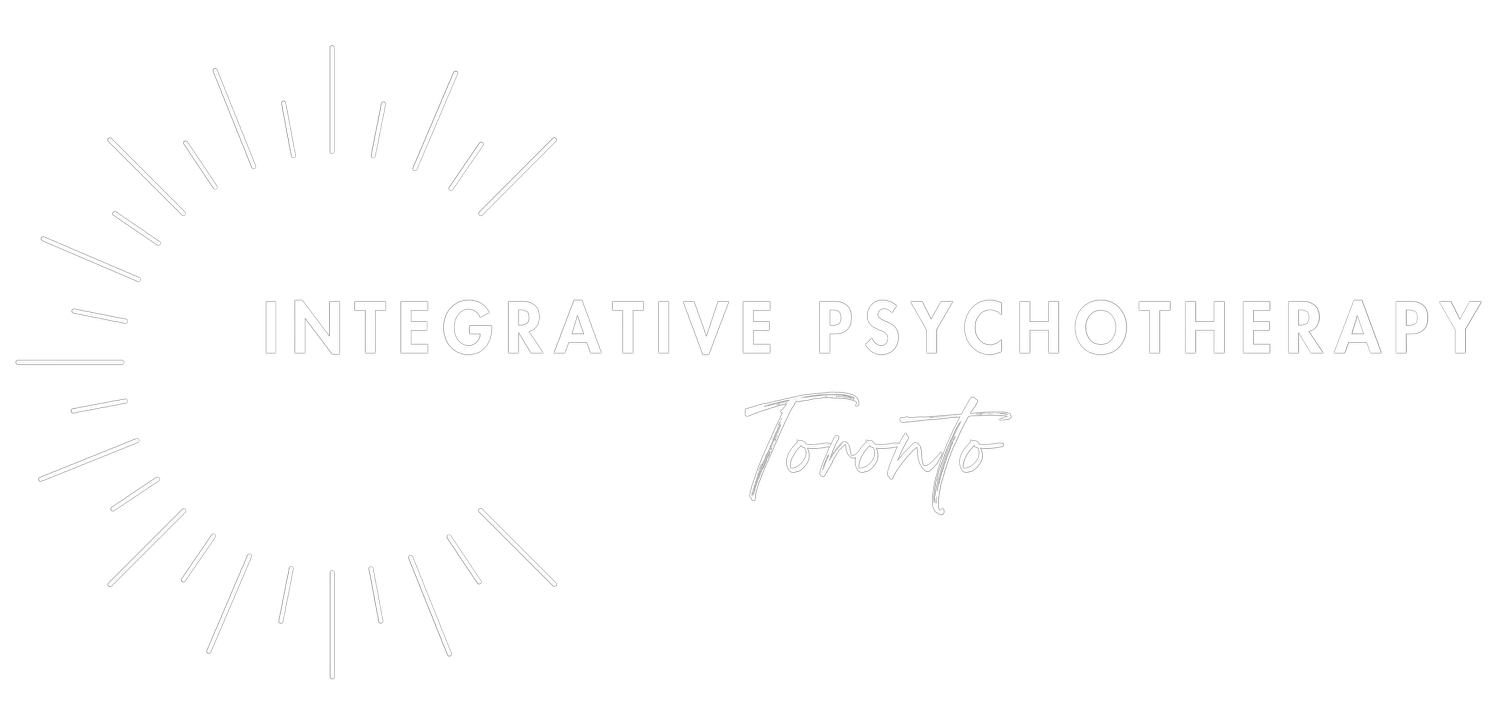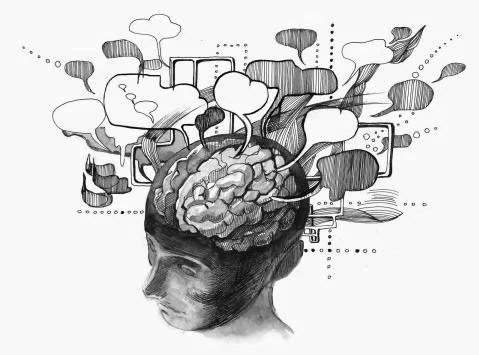A discussion with TherapyRoute
What is anxiety? Is it a feeling, a disorder, or my personality?
Anxiety is the experience we have when our reptilian brain’s fear response meets our prefrontal cortex’s desire for certainty. If anxiety were a baby, its parents would be fear and uncertainty. Fear + uncertainty = anxiety.
All mammals are hardwired with seven basic emotional circuits, and fear is one of them. We come with the ability to feel fear, because it's vital to our survival. It powers our fight or flight systems, which help us navigate threats in our world. When this circuit is working adaptively, it helps to keep us safe in the world.
All mammals also have a prefrontal cortex, which, among many other things, is a prediction machine. It is constantly making predictions about our world, to help us know what to do next. But when it doesn’t have sufficient information to make an accurate prediction, uncertainty arises. And if uncertainty is present at the same time our fear circuits are triggered, the soil is ripe for anxiety to thrive.
So, anxiety could be thought of as a relative of fear - related, but not quite the same. Whereas fear is meant to mobilize us for action (fight or flight), anxiety can be paralyzing. Whereas fear is meant to be short lived, anxiety can be painfully long standing. Whereas fear is adaptive, anxiety is not.
How do I tell if that's what's happening to me?
While the symptoms of anxiety manifest differently in many people, it's the chronic nature of those symptoms that can be the biggest tell. When elements of fear and worry become a regular part of experience - whether because we are feeling them or adapting our life to avoid them - it's likely that anxiety is at play.
Can anxiety take different forms?
Anxiety can take on many different forms.
Symptoms can be very different. For some, it's a very body-based experience; their body may tense and their hearts pound, they may feel a pressure on their chest and they may start to sweat. For others, it's a very mental experience; they may be flooded with thoughts of worst-case scenarios and or self criticism, or their minds may go completely blank. Still others notice their anxiety most in the impact it has on their mood; they may feel easily overwhelmed, constantly on edge, or quick to irritation.
The situations that trigger anxiety can also be wide ranging. For some, it’s situation; we’re anxious in social situations or when we have to preform or when things don’t go as planned. For others, it’s much more generalized and touches most aspects of our lives.
Anxiety can also differ in the way it shapes our behaviours. Anxiety is at the root of the majority of the behaviours of OCD and addiction, but it’s often also behind many more subtle behaviours that we might not associate with anxiety - over eating, excessive scrolling, binge watching, and, my personal favourite, excessive planning.
So, yes - anxiety is quite a diverse character.
When should I be worried, or what signs imply I need therapy?
When other things haven't worked, when your world is starting to get smaller because you're avoiding things that might make you anxious, it's time to seek help.
Can anxiety (panic, ocd, phobia, avoidance) be cured?
Yes, anxiety and all its diverse forms can be cured. At the most basic level, anxiety is simply a miscalibration with the fear response - and the brain is changeable.
What does therapy for anxiety look like?
Therapy for anxiety may look very different depending on what type of therapy you choose. Certain therapies, such as CBT, will focus heavily on the mental elements of anxiety in order to help you work through thought patterns that feed anxiety. Other therapies, such as Somatic or Sensorimotor Psychotherapy, will focus much more on the body experience in order to help regulate the nervous system.
Whatever therapy techniques are applied, the exploration of triggers that evoke the fear response within the confines of a safe environment promote new learning and rewiring of the brain.
How does one find (or recognise) the right therapist (for me)?
I always recommend therapist shopping. Decades and decades of research indicate that the therapeutic relationship is a key factor in successful outcomes. Most therapists recognize the importance of this and offer free complimentary consultations. Do a bunch of these, and pay attention to both what they're saying, but more importantly, how you feel talking to them. You need to feel emotionally safe. It needs to feel like a good fit.
Does it matter who I see? Are all therapies and therapists effective?
While I certainly have my personal biases towards the therapies I favour, most therapies being offered by regulated health professionals are evidence based, which means they have proven to be effective. Whether they will be effective for you is a different question.
In this regard, I recommend looking into some of the primary forms of therapy for anxiety, such as CBT, EMDR, and somatic psychotherapy, and see what resonates. While they're all valid approaches, CBT may not be the easiest path for those with a lot of nervous system dysregulation, while somatic approaches may be triggering for those with difficulty tolerating body sensations. A bit of research may go a long way in helping you get a sense of what's right for you.
If pills work, surely this is a chemical thing. How does talk help?
Just because someone feels less anxious after a few glasses of wine doesn't mean their anxiety was caused by an alcohol deficiency. Similarly, just because an SSRI helps with anxiety doesn’t mean anxiety is caused by a Prozac deficiency. While medication can be an extremely helpful tool for many people, it does not address the underlying root cause.
The reality is that mental health conditions are complex, systemic disorders that don’t lend themselves well to simple, single intervention pharmacotherapy. That doesn’t mean such therapies aren’t helpful and shouldn’t be used, but rather that they’re not the whole picture. Such complex conditions require an integrative, personalized approach that takes into account the individual’s unique situation and the specific factors contributing to their mental state.
To put it another way, while you might give someone a Tylenol to break their fever, you’re probably not going to ignore the raging infection that gave rise to the fever.







